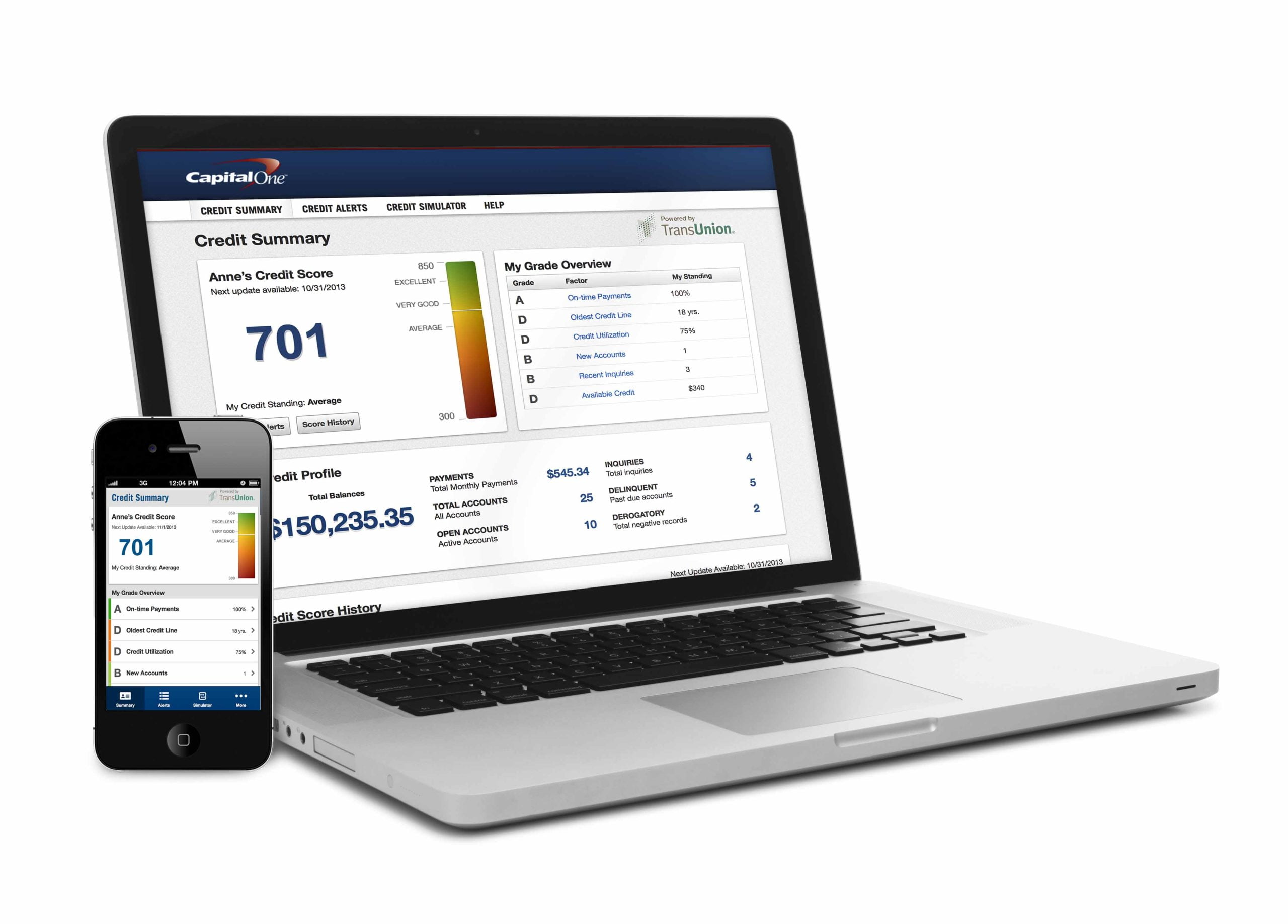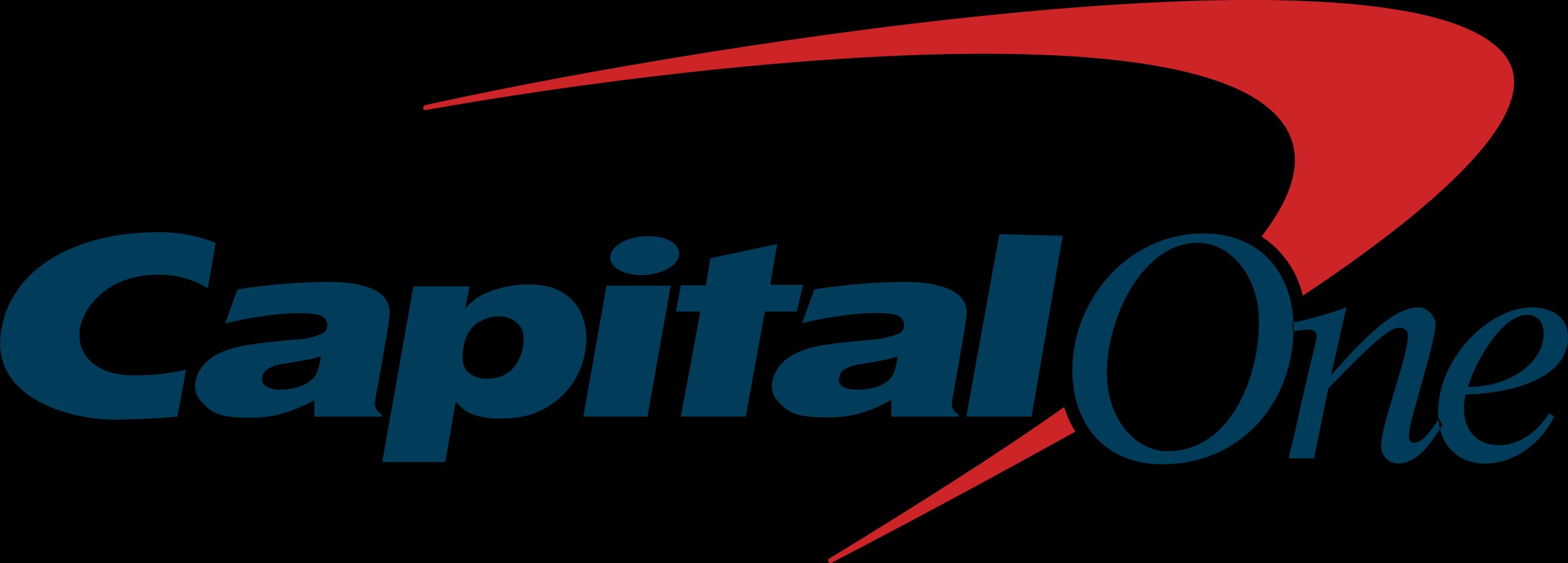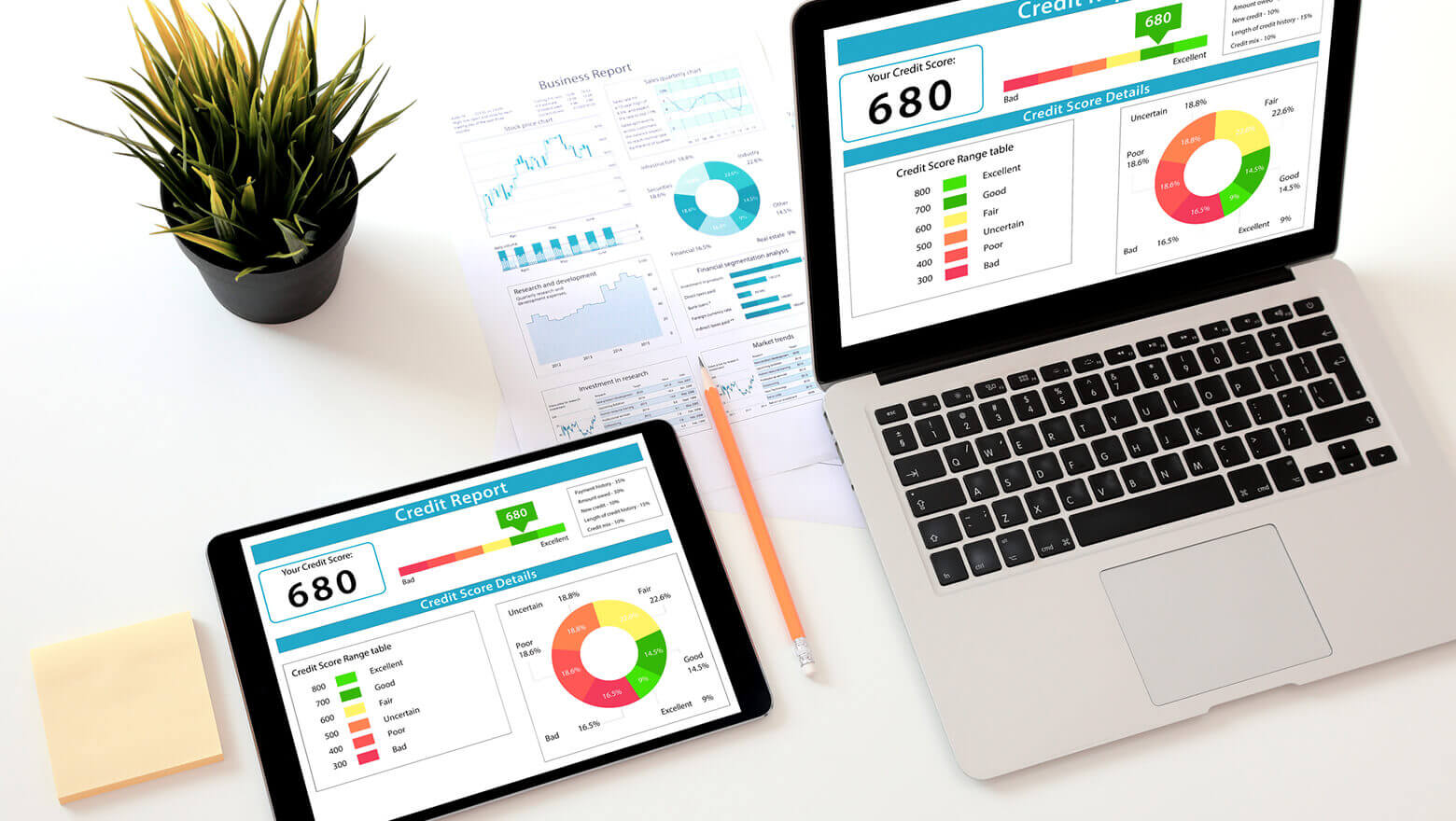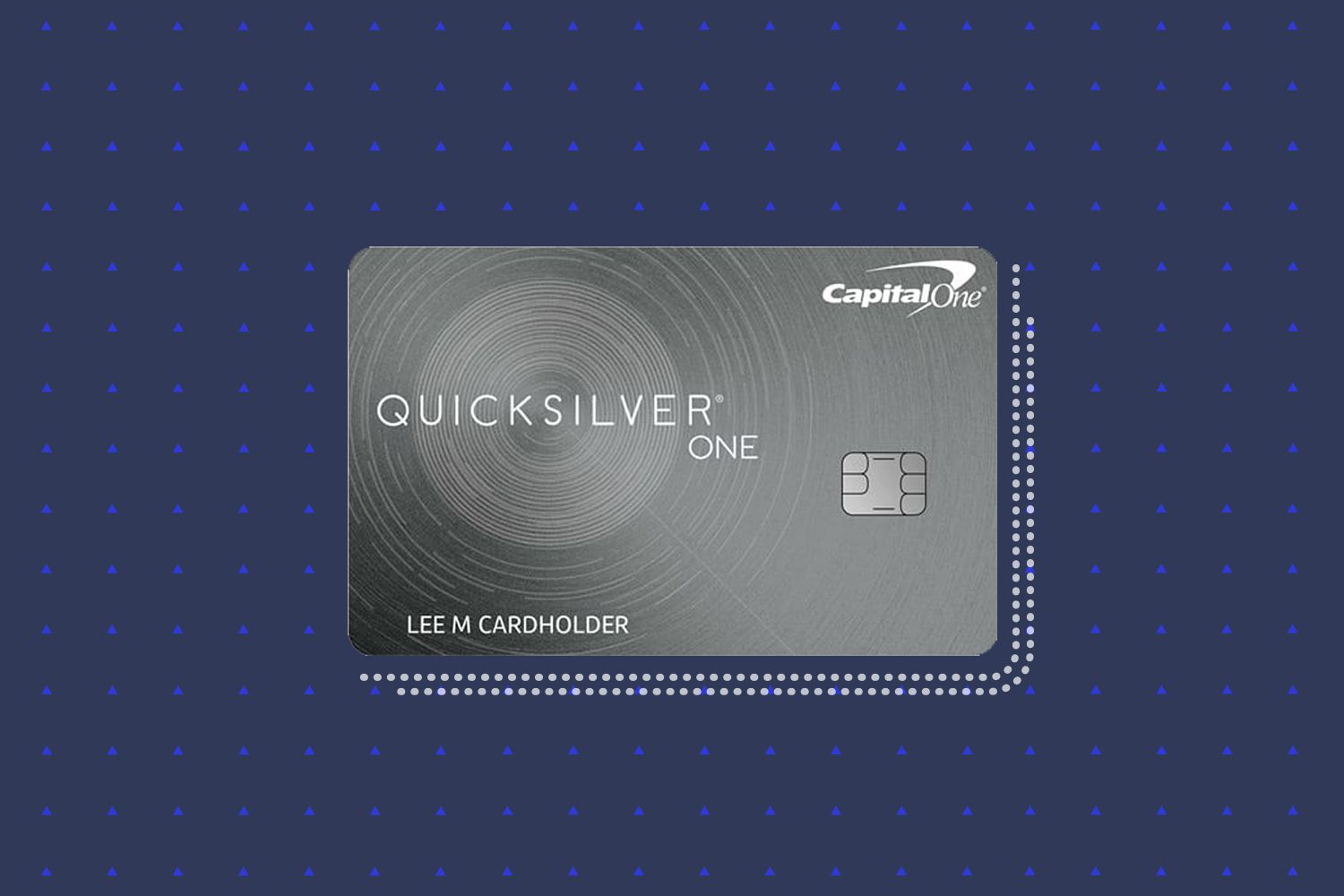

Finance
When Does Capital One Update Credit Score
Modified: February 21, 2024
Find out when Capital One updates your credit score and stay on top of your financial game. Learn how this affects your personal finance journey.
(Many of the links in this article redirect to a specific reviewed product. Your purchase of these products through affiliate links helps to generate commission for LiveWell, at no extra cost. Learn more)
Table of Contents
Introduction
Welcome to the world of credit scores! In today’s financial landscape, credit scores play a vital role in our lives. They determine our eligibility for loans, credit cards, and even affect our ability to secure housing or employment. Understanding how credit scores work and when they are updated is crucial for anyone seeking to improve their financial standing.
When it comes to credit scores, Capital One is a prominent name in the finance industry. As a leading credit card issuer and financial services provider, Capital One offers valuable insights into your creditworthiness. Many Capital One customers are eager to know when their credit scores are updated to stay informed about their financial progress.
In this article, we will explore the topic of when Capital One updates credit scores, the factors affecting these updates, and how you can check your credit score with Capital One. So, let’s dive in and gain a clear picture of this essential aspect of managing your financial well-being.
Important note: Please keep in mind that specific processes and timelines may vary based on the different credit bureaus and credit scoring models used. The information provided here is based on general industry practices and Capital One’s policies, but it’s always a good idea to consult with Capital One directly for the most accurate and up-to-date information.
Understanding Credit Scores
Before we delve into when Capital One updates credit scores, let’s first establish a solid understanding of what credit scores are and how they work.
A credit score is a numerical representation of an individual’s creditworthiness. It is a three-digit number that reflects a person’s credit history and helps lenders assess the risk associated with extending credit to that individual. The higher the credit score, the more likely it is that the person will repay their debts responsibly.
There are several credit scoring models used by lenders, but one of the most widely recognized is the FICO® Score. This scoring model ranges from 300 to 850, with a higher score indicating better creditworthiness.
The factors that contribute to calculating a credit score include:
- Payment history: This accounts for the largest portion of your credit score, assessing whether you have made timely payments on your credit accounts.
- Amount of debt: This considers the amount of outstanding debt you have compared to your credit limits. Maintaining a low debt-to-credit ratio is generally favorable.
- Length of credit history: This looks at how long you have been using credit. A longer credit history can demonstrate more reliability.
- Credit mix: This considers the variety of credit accounts you have, such as credit cards, loans, and mortgages.
- New credit: This reflects any recent inquiries or new credit accounts you have opened. Opening multiple new accounts in a short period may negatively impact your score.
Now that we have a basic understanding of credit scores, let’s explore why they are of utmost importance.
Importance of Credit Scores
Credit scores may seem like just a number, but they have a significant impact on various aspects of our financial lives. Here are some reasons why credit scores are tremendously important:
Access to credit: A good credit score opens doors to better borrowing opportunities. Lenders rely on credit scores to evaluate whether to approve loan applications and determine the interest rates offered. With a higher credit score, you are more likely to be approved for loans and credit cards and may enjoy more favorable terms and lower interest rates.
Lower interest rates: A good credit score can save you a substantial amount of money over time. Lenders view borrowers with higher credit scores as less risky and, therefore, offer them lower interest rates. This means you’ll pay less in interest charges, reducing the overall cost of borrowing.
Ability to rent or buy a home: Landlords rely on credit scores when evaluating potential tenants. A good credit score demonstrates financial responsibility, making it easier to secure a rental property. Similarly, when applying for a mortgage to buy a home, a high credit score can help you qualify for better loan terms and potentially save thousands of dollars in interest payments.
Employment opportunities: Some employers review credit reports as part of their hiring process, especially for positions that involve financial trust or responsibilities. A good credit score can enhance your chances of being selected for such roles, as it reflects your ability to manage finances responsibly.
Insurance rates: Insurance companies often consider credit scores when determining insurance premiums. Individuals with lower credit scores may be charged higher rates, as insurers perceive them as higher risk. Improving your credit score can lead to lower insurance premiums over time, saving you money.
Better financial future: Building and maintaining a good credit score is a long-term investment in your financial well-being. By responsibly managing credit and consistently paying bills on time, you can establish a solid credit history and improve your credit score. This opens up opportunities for better financial products and services, providing a foundation for future financial success.
Now that we understand the importance of credit scores, let’s explore when Capital One updates credit scores.
Capital One’s Credit Score Updates
Capital One understands the significance of credit scores for their customers’ financial well-being. As a result, they provide free access to credit scores to help individuals monitor and track their creditworthiness.
Capital One offers credit scores through their CreditWise® program, which provides customers with a monthly update on their credit score. CreditWise® is available to both Capital One customers and non-customers, allowing a broader audience to benefit from this valuable service.
Capital One utilizes the VantageScore® 3.0 model, which is a credit scoring system developed jointly by the three major credit bureaus (Equifax, Experian, and TransUnion). The VantageScore® 3.0 model operates on a scale from 300 to 850, providing a clear view of one’s creditworthiness.
Through the CreditWise® program, Capital One customers can access their credit scores and receive monthly updates. Non-customers can also sign up for CreditWise® to monitor their credit scores, even if they don’t have a Capital One account.
Capital One’s credit score updates include valuable insights into the factors that are positively or negatively influencing a person’s credit score. This information allows individuals to better understand their credit profile and take actions to improve their creditworthiness over time.
It’s important to note that Capital One’s credit scores are provided for educational purposes and may not be the exact scores used by lenders when making credit decisions. However, they still serve as a helpful tool to gauge one’s overall credit health and track progress over time.
Now that we have an understanding of Capital One’s credit score updates, let’s explore the factors that can affect the timing of these updates.
Factors Affecting Credit Score Updates
While Capital One provides monthly credit score updates through their CreditWise® program, it’s essential to understand that credit score updates are influenced by various factors. These factors can impact the timing of updates and the changes observed in credit scores. Here are some key factors to consider:
Credit bureau reporting: Capital One reports credit information to the three major credit bureaus – Equifax, Experian, and TransUnion. The timing of credit score updates can depend on when Capital One submits updated information to these bureaus. Keep in mind that each credit bureau may update their records at different times, leading to variations in credit score updates.
Account statement closing dates: Credit card companies like Capital One typically report account information, including balances and payment history, around the time of the account statement closing date. Therefore, credit score updates may occur shortly after these dates. It’s important to note that different accounts may have different statement closing dates, which can result in credit scores updating at different times for different accounts.
Billing cycles: Credit card companies typically operate on monthly billing cycles. The timing of credit score updates may align with the end of the billing cycle for each specific account. Therefore, if you make significant changes to your credit card balances or payment behavior during a billing cycle, you may see corresponding updates to your credit scores at the end of that cycle.
Payment posting: When you make a payment on your Capital One credit card, it may take a few days for the payment to post and be reflected in your credit score. This can also affect the timing of credit score updates. It’s important to make payments well in advance of the due date to ensure timely posting and avoid any negative impact on your credit score.
Credit utilization: Credit utilization, which is the percentage of available credit you are currently using, is an essential factor in calculating credit scores. A decrease or increase in your credit card balances can influence your credit utilization ratio and subsequently impact your credit score. Therefore, credit score updates may occur after changes in your credit card balances are reported to the credit bureaus.
Credit activity on other accounts: It’s important to remember that credit scores are based on the overall credit profile, not just one specific account. Changes in credit activity on other accounts, such as loans or mortgages, can also impact credit scores. Therefore, credit score updates may occur after changes in these accounts are reported to the credit bureaus.
It’s worth noting that the specific timing of credit score updates can vary based on individual circumstances and external factors. While Capital One aims to provide monthly credit score updates, it’s crucial to remain patient and allow sufficient time for the reporting and updating process to take place.
Now that we understand the factors that can affect credit score updates, let’s explore the frequency of Capital One credit score updates.
Frequency of Capital One Credit Score Updates
Capital One recognizes the importance of keeping their customers informed about their creditworthiness. As a result, they provide monthly credit score updates through their CreditWise® program. This monthly frequency allows individuals to closely monitor changes in their credit scores and stay on top of their financial progress.
It’s important to note that the timing of credit score updates may vary slightly for each individual. The updates are generally based on the billing cycle and account statement closing dates of each specific credit card account. As a result, different Capital One accounts may have different credit score update dates.
Capital One typically updates credit scores within a few days of the account statement closing date. This ensures that customers have access to the most up-to-date information about their credit standing. However, it’s important to remember that the specific timing of credit score updates may also depend on how quickly the credit bureaus receive and process the updated information from Capital One.
It’s worth mentioning that while Capital One provides monthly credit score updates, credit scores can still fluctuate within that month due to various factors. Changes in credit card balances, payment behavior, or credit activity on other accounts can contribute to these fluctuations. It’s important to continue practicing responsible credit habits and maintaining a healthy credit profile to achieve long-term financial well-being.
To ensure you receive the most accurate and timely credit score updates from Capital One, it’s essential to regularly monitor your account and stay informed about any changes or alerts provided by Capital One’s CreditWise® program.
Now that we understand the frequency of Capital One credit score updates, let’s explore the timeframe for credit score updates to reflect changes in your credit profile.
Timeframe for Credit Score Updates
When it comes to credit score updates, it’s important to understand that changes in your credit profile may not be immediately reflected in your credit scores. The timeframe for credit score updates to occur can vary based on several factors.
Typically, credit score updates can take anywhere from a few days to a few weeks to reflect changes in your credit profile. The specific timeframe depends on how quickly the credit reporting agencies receive and process the updated information from your creditors, including Capital One.
For example, let’s say you make a payment towards your Capital One credit card balance. It may take a few days for that payment to be processed and reflected in your credit profile. Once the credit reporting agencies receive the updated information, they need to update your credit report and recalculate your credit score. This process can take some time.
Changes in other factors, such as credit utilization, account balances, or new credit inquiries, also need to be reported to the credit bureaus for them to be incorporated into your credit score. Each credit bureau may have its own timeline for updating and processing this information, which can contribute to variations in the timeframe for credit score updates.
It’s important to note that credit scores typically don’t update in real-time. Rather, they are based on historical data and periodic updates. Therefore, it’s essential to maintain good credit habits consistently, as positive changes in your credit profile may take time to reflect in your credit scores.
When you monitor your credit scores through Capital One’s CreditWise® program, you will receive monthly updates. These updates give you a snapshot of your creditworthiness at that particular time. If you are actively working on improving your credit, it’s essential to be patient and understand that the full impact of your efforts may not be immediately reflected.
By consistently practicing responsible credit habits, such as making timely payments, keeping credit card balances low, and avoiding excessive new credit applications, you can positively influence your credit profile over time. Regularly monitoring your credit scores will help you track your progress and stay informed about any changes.
Now that we have explored the timeframe for credit score updates, let’s discuss how you can check your credit score with Capital One.
How to Check Your Capital One Credit Score
Checking your credit score with Capital One is a straightforward process. Capital One provides the CreditWise® program, which offers free access to credit scores and valuable credit monitoring tools. Both Capital One customers and non-customers can take advantage of this service.
Here’s how you can check your credit score with Capital One:
- Sign up for CreditWise®: Visit the CreditWise® website or download the CreditWise® mobile app. You can create an account using your Capital One login credentials or sign up as a non-Capital One customer.
- Confirm your identity: As part of the sign-up process, you may need to provide some personal information to confirm your identity and establish your account.
- Access your credit score: Once you’ve successfully signed up and confirmed your identity, you can access your credit score through the CreditWise® platform. The credit score is typically updated monthly, providing you with the most recent information about your creditworthiness.
- Explore credit monitoring tools: Along with viewing your credit score, CreditWise® offers various credit monitoring tools. These tools can help you track changes in your credit profile, receive alerts for potential fraudulent activity, and gain insights into factors positively or negatively impacting your credit score.
- Take advantage of educational resources: CreditWise® also provides educational resources to help you better understand your credit score and make informed financial decisions. These resources can provide valuable tips and guidance on improving and maintaining a healthy credit profile.
By regularly checking your credit score with Capital One’s CreditWise®, you can stay informed about your creditworthiness and identify any potential issues or discrepancies. This empowers you to take proactive steps to manage and improve your credit health.
Remember, checking your credit score is just one aspect of credit monitoring. It’s also essential to review your full credit report from all three major credit bureaus (Equifax, Experian, and TransUnion) periodically to ensure accuracy and identify any potential errors or fraudulent activity.
Now that you know how to check your credit score with Capital One, let’s wrap up the article.
Conclusion
Understanding credit scores and staying informed about their updates is crucial for managing your financial well-being. Capital One recognizes the importance of credit scores and provides valuable resources through their CreditWise® program. By monitoring your credit score, you can track your creditworthiness, identify areas for improvement, and take strategic steps to build a healthier financial future.
We explored the factors that can affect credit score updates, including credit bureau reporting, account statement closing dates, and credit utilization. While Capital One provides monthly credit score updates, it’s important to be patient as credit scores may not reflect changes immediately. Keeping a consistent track record of responsible credit behavior is key to achieving long-term financial success.
To check your credit score with Capital One, simply sign up for the CreditWise® program online or through their mobile app. Capital One customers and non-customers alike can benefit from this free service, which provides access to credit scores, credit monitoring tools, and educational resources.
Remember, credit scores are just one part of the bigger picture. It’s also essential to review your full credit report regularly and address any discrepancies or potential issues. By proactively managing your credit, you can ensure a solid foundation for loans, better interest rates, employment opportunities, and overall financial stability.
Stay informed, stay vigilant, and make responsible financial decisions. Capital One’s credit score updates and CreditWise® program can serve as valuable tools on your journey to financial well-being.
Now armed with knowledge about credit score updates and how to check your credit score with Capital One, you can take charge of your credit health and make informed decisions to achieve your financial goals.














